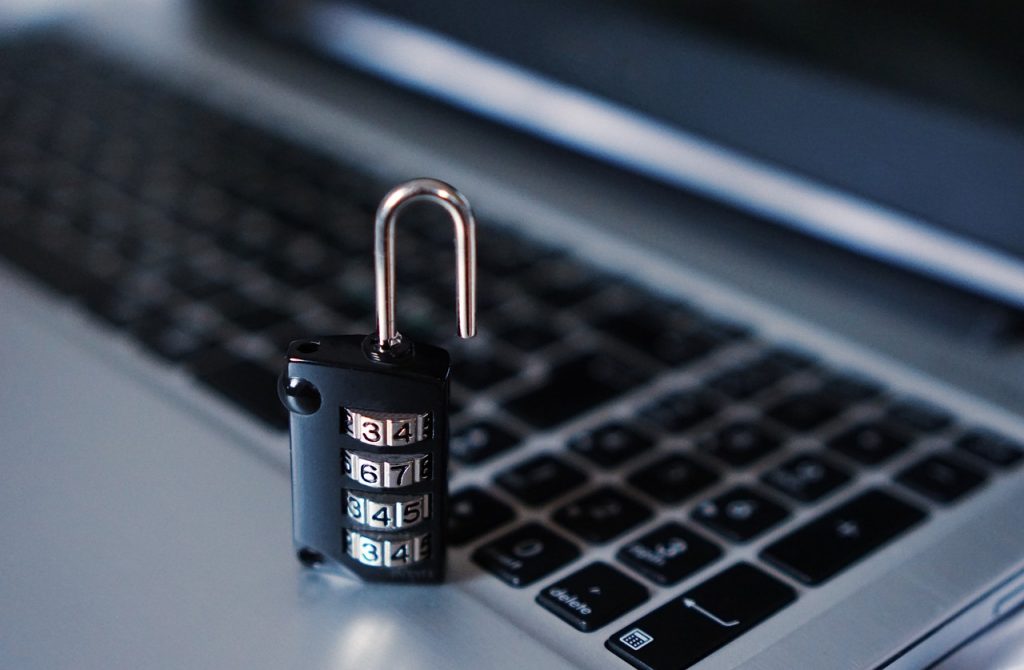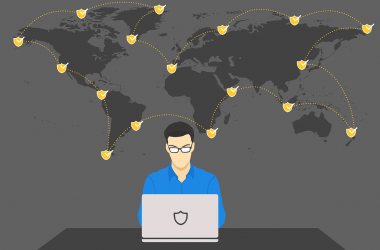Don’t Let These Misconceptions Leave You Vulnerable
Cybersecurity is full of buzzwords, half-truths, and outdated advice. Whether you’re new to the field or just trying to stay safe online, it’s easy to fall for myths that could put your data—or your organization—at risk.
In this post, we’re debunking the top 5 cybersecurity myths that just won’t die, and breaking down what you really need to know.

🔒 Myth #1: “Hackers only target big companies.”
The Truth:
Small businesses, individuals, and even non-profits are frequent targets. Why? Because they’re often less protected. Automated attacks like phishing, brute-force logins, and ransomware don’t discriminate—they target anyone with a weak link.
💡 Reality Check: If you’re online, you’re a potential target. Cybercriminals don’t care about size—they care about opportunity.
🖥️ Myth #2: “Antivirus software is enough to keep me safe.”
The Truth:
Antivirus is just one layer of defense. Modern threats use sophisticated tactics like social engineering, zero-day exploits, and fileless malware that can bypass basic AV tools.
🔐 Better Approach: Use antivirus plus a firewall, strong passwords, multi-factor authentication (MFA), regular updates, and safe browsing habits.
🍏 Myth #3: “Macs don’t get viruses.”
The Truth:
While macOS has some built-in protections, it’s far from immune. In fact, as Macs have gained popularity, they’ve become more attractive to cybercriminals. Malware like Silver Sparrow and adware campaigns prove that Macs are fair game.
🚨 Bottom Line: No system is immune. All operating systems need active security practices.
📧 Myth #4: “If an email looks official, it must be safe.”
The Truth:
Phishing emails are designed to look convincing—often mimicking banks, tech support, or even your coworkers. Logos, formatting, and language can be nearly identical to real messages.
🔍 Pro Tip: Always verify links, email addresses, and unexpected requests—especially those involving sensitive information or money.
🔐 Myth #5: “Changing my password often keeps me secure.”
The Truth:
Frequent password changes can actually lead to weaker security, as users tend to choose easier-to-remember (and easier-to-guess) variations. What’s more important is having a strong, unique password for each account—and using MFA.
🛡️ Do This Instead: Use a password manager and enable MFA wherever possible.
✅ Final Thoughts
Cybersecurity myths are more than just misinformation—they can lead to real-world breaches and losses. By understanding the truth behind these common beliefs, you’re one step closer to keeping your digital life secure.
Have you encountered any other cybersecurity myths or bad advice? Drop a comment below or share this post to help set the record straight.


